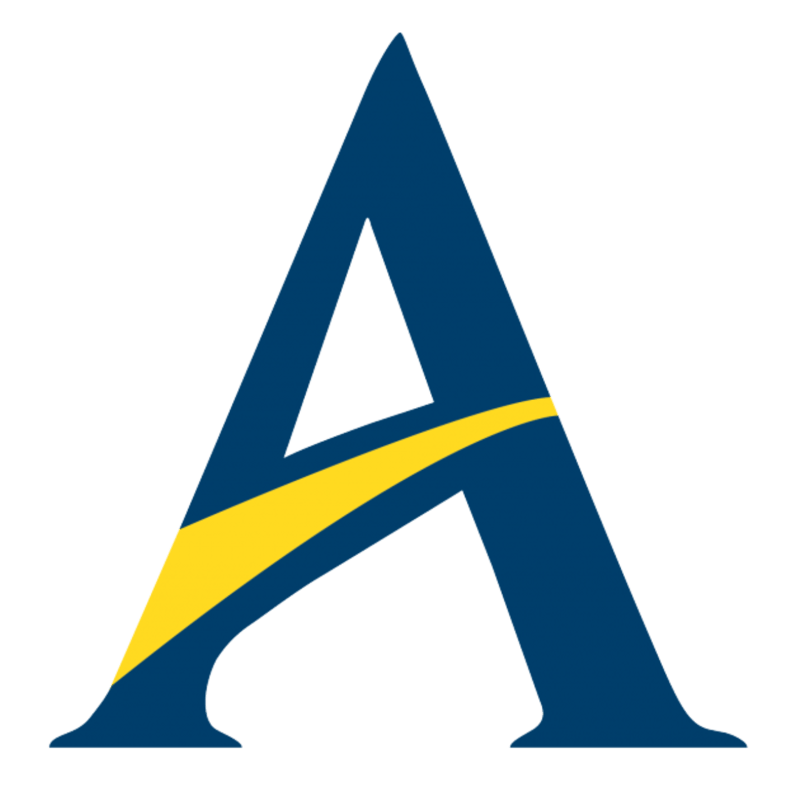
Financial aid (may be available)

Financial aid (may be available)
No cost info
$600 total

No cost info
$3,902 total
Finding the right vocational training program can be a daunting task, especially when it comes to sensitive and important fields such as drug and alcohol counseling. If you are located in Seattle and looking for drug and alcohol counseling classes near you, this blog post will provide you with all the information you need to make an informed decision. In this post, we will cover what drug and alcohol counseling is, the training requirements, what to look for in a class, what to expect from the day-to-day class, the certification process, how to find related jobs, and other classes you can take after becoming a drug and alcohol counselor.

Drug and alcohol counseling is a vital field that helps individuals struggling with substance abuse issues. As a drug and alcohol counselor, you will play a crucial role in guiding and supporting individuals on their path to recovery. This rewarding career requires specialized training and certification to ensure that you have the necessary skills and knowledge to make a positive impact on people's lives.
Drug and alcohol counseling involves providing support, guidance, and treatment to individuals who are struggling with substance abuse issues. As a counselor, you will work closely with clients to help them overcome addiction and develop coping mechanisms to maintain sobriety. You will also provide education on the dangers of substance abuse and help clients understand the underlying causes of their addiction.
To become a drug and alcohol counselor, you will need to complete specific training requirements. These requirements may vary depending on the state and the type of counseling you wish to pursue. In general, the following are common training requirements for drug and alcohol counseling:
Education: Most states require a minimum of a high school diploma or GED to enroll in a drug and alcohol counseling program. However, some programs may have additional education requirements, such as a bachelor's degree in a related field.
Training Program: You will need to complete a drug and alcohol counseling training program. These programs are designed to provide you with the necessary knowledge and skills to be an effective counselor. The length of these programs can vary, but they typically range from six months to two years.
Internship: Many training programs require you to complete an internship or practicum as part of your education. This hands-on experience will allow you to apply the knowledge and skills you have learned in a real-world setting.
When searching for drug and alcohol counseling classes near you, it is essential to consider several factors to ensure you find the right program for your needs. Here are some things to look for in a class:
Accreditation: Make sure the program you choose is accredited by a reputable accrediting body. Accreditation ensures that the program meets specific standards of quality and will provide you with the education and training you need.
Experienced Instructors: Look for classes taught by experienced instructors who have a background in drug and alcohol counseling. Their expertise and knowledge will greatly enhance your learning experience.
Hands-on Training: Look for programs that offer hands-on training opportunities, such as internships or practicums. This practical experience is invaluable in preparing you for a career in drug and alcohol counseling.
Support Services: Consider programs that offer additional support services, such as career counseling or job placement assistance. These services can be beneficial when transitioning from training to the workforce.
Drug and alcohol counseling classes are designed to provide you with the knowledge and skills necessary to be an effective counselor. Here is what you can expect from the day-to-day class:
Classroom Instruction: You will attend lectures and participate in discussions to learn about the theories and techniques used in drug and alcohol counseling. This will include topics such as addiction psychology, counseling strategies, and ethical considerations.
Group Work: You will have the opportunity to work in small groups with your classmates to practice counseling techniques and problem-solving skills. This collaborative environment allows you to learn from your peers and gain valuable insights.
Case Studies: You will analyze case studies to apply your knowledge and develop critical thinking skills. This will help you understand the complexities of addiction and how to tailor your counseling approach to meet the needs of each client.
Role-Playing: Role-playing exercises are commonly used in drug and alcohol counseling classes to simulate real-life counseling sessions. This hands-on practice allows you to refine your communication and counseling skills in a safe and supportive environment.
After completing your drug and alcohol counseling training program, you will need to go through the certification process to become a certified drug and alcohol counselor. The certification process may vary depending on the state and the type of counseling you wish to pursue. Generally, the following steps are involved:
Application: You will need to complete an application form and submit it to the appropriate certification board. The application will require you to provide proof of your education and training.
Examination: You will need to pass a certification examination. The examination will test your knowledge and skills in drug and alcohol counseling.
Supervised Experience: Some certification boards require you to complete a certain number of supervised hours of counseling experience. This is typically done under the supervision of a licensed counselor.
Renewal: Once certified, you will need to renew your certification periodically. This may involve completing continuing education courses and paying renewal fees.
Once you have completed your drug and alcohol counseling training and obtained certification, you will be ready to start your career. Here are some tips on how to find related jobs:
Networking: Reach out to your classmates, instructors, and other professionals in the field to learn about job opportunities. Attend industry events and join professional organizations to expand your network.
Online Job Platforms: Utilize online job platforms to search for drug and alcohol counseling positions. Websites such as Indeed, LinkedIn, and Glassdoor often have listings specifically for counseling roles.
Local Counseling Centers: Contact local counseling centers, rehabilitation facilities, and community organizations that offer drug and alcohol counseling services. Inquire about any job openings or volunteer opportunities that may be available.
Once you have established a career in drug and alcohol counseling, you may want to consider expanding your skills and knowledge by taking additional classes. Here are some other classes you can take after becoming a drug and alcohol counselor:
Mental Health Counseling: Taking classes in mental health counseling can enhance your ability to address co-occurring disorders and provide comprehensive care to your clients.
Trauma-Informed Care: Trauma-informed care classes can help you understand the impact of trauma on substance abuse and develop trauma-informed approaches to counseling.
Family Counseling: Family counseling classes can help you navigate the complexities of family dynamics in addiction treatment and provide support to clients' loved ones.
Continuing Education: Stay up-to-date with the latest advancements in drug and alcohol counseling by participating in continuing education courses. These courses can help you expand your knowledge and skills in specific areas of interest.
Drug and alcohol counseling is a challenging yet rewarding career that allows you to make a positive impact on people's lives. By completing the necessary training and obtaining certification, you will be well-equipped to help individuals overcome addiction and lead fulfilling lives in recovery. If you are interested in pursuing drug and alcohol counseling classes near you in Seattle, be sure to explore the options available on Dreambound. Dreambound is the largest platform for students to find vocational training programs, such as allied health or industrial trades. Their mission is to provide all the information students need to find the perfect class. So, start your journey towards a fulfilling career in drug and alcohol counseling today!
Check out Dreambound's extensive guides focusing on the unique challenges and requirements for each city in the US. For more detailed information, see some of our other guides below.
If you're exploring various professional paths, Dreambound has in-depth guides to help assist you. Explore a few of these resources below.
Dreambound's platform allows prospective students to find the right educational program for them through searching, filtering, and connecting with our extensive selection of career & technical education partners.
Dreambound has over 70 programs across healthcare, technology, business, and industrial trades. This includes programs such as Medical Billing, Cybersecurity, and welding.
Some of our schools offer financial aid for those who qualify. Many others offer payment plans, where you can pay the cost of class over time.
Yes, Dreambound offers many online programs. On Dreambound's search, you can filter by online, in-person, and hybrid (part online, part in-person).
Dreambound is completely free for you to use! We are supported by schools and organizations who pay to advertise on our website, so we can offer all of our career resources for free.